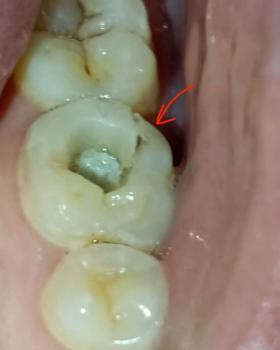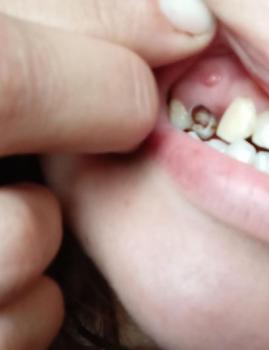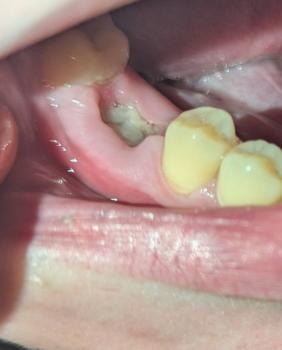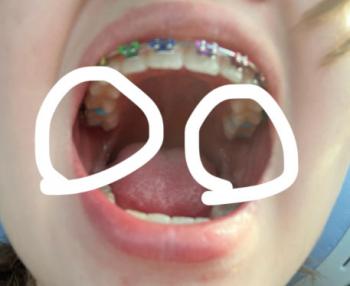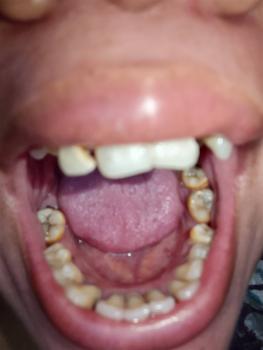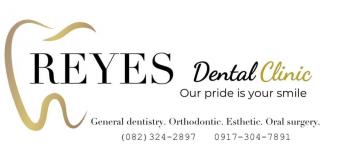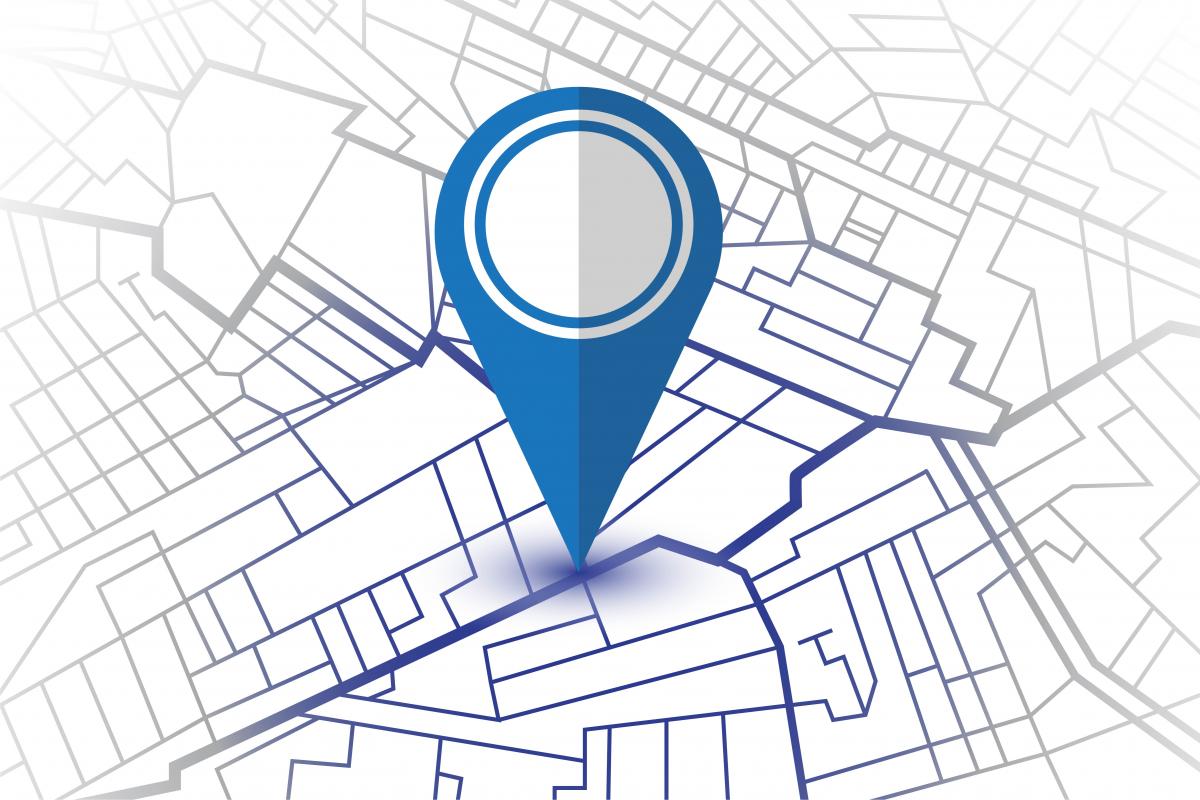Dentures That Feel Natural, Look Beautiful.
The End of Drilling? How Seoul's Breakthrough Microneedle Patch Could Revolutionize Philippine Dentistry
Language :

The Dawn of a New Dental Era: From Repair to Regeneration
For generations, dental care has followed a familiar pattern: drill, fill, and sometimes still lose the tooth. But what if we could actually tell your teeth to heal themselves? This isn't science fiction anymore—it's the promise of groundbreaking research from Seoul National University School of Dentistry that's about to change everything we know about dental treatment.
The recent breakthrough study on the tideglusib microneedle patch has sent ripples through the global dental community, and for the Philippines, this couldn't come at a better time.
Understanding the Science: How the Patch Works
The tideglusib microneedle patch represents a quantum leap in dental technology. Here's how this revolutionary approach works:
The Problem with Traditional Methods:
-
Drilling removes healthy tooth structure along with decay
-
Fillings create a sealed barrier but don't restore natural tooth function
-
Eventually, fillings fail and require replacement
The Regenerative Solution:
-
Microneedles painlessly deliver tideglusib (a glycogen synthase kinase-3 inhibitor)
-
The drug stimulates stem cells in the dental pulp
-
Natural dentin regeneration occurs within weeks
-
The tooth heals itself from the inside out
Case Study: Seoul National University's Groundbreaking Research
The research team at Seoul National University demonstrated remarkable results:
Methodology:
-
Developed biodegradable microneedles for precise drug delivery
-
Used tideglusib to stimulate natural repair mechanisms
-
Tested on animal models with significant cavity damage
Findings:
-
Complete dentin regeneration within 6-8 weeks
-
Natural tooth structure restoration without foreign materials
-
Minimal discomfort and no traditional drilling required
-
Biocompatible and safe delivery system
The Philippine Advantage: Geographic and Economic Benefits
The Philippines stands to benefit significantly from this technology for several crucial reasons:
Proximity to Innovation Hubs:
-
Close geographical location to South Korea facilitates technology transfer
-
Similar climate and population demographics make adaptation easier
-
Existing medical partnerships between Philippine and Korean institutions
Addressing Local Dental Challenges:
-
High prevalence of dental caries nationwide
-
Limited access to dental care in rural areas
-
Financial barriers to traditional dental treatment
-
Growing demand for advanced dental solutions
The Future of Philippine Dental Practice
For Dental Professionals:
-
Shift from mechanical drilling to biological regeneration
-
New skills in biomaterial application and tissue engineering
-
Enhanced role as oral health physicians rather than tooth mechanics
-
Opportunity to lead in Southeast Asian dental innovation
For Patients:
-
Pain-free dental visits
-
Preservation of natural tooth structure
-
Long-term cost savings compared to repeated fillings
-
Genuine healing rather than temporary repairs
Implementation Timeline and Adoption Challenges
Short-term (1-2 years):
-
Regulatory approval process with FDA Philippines
-
Training programs for early-adopter dental clinics
-
Initial deployment in metro Manila and major cities
Medium-term (3-5 years):
-
Expansion to provincial dental centers
-
Integration with national health insurance systems
-
Local research partnerships with Philippine universities
Long-term (5+ years):
-
Widespread availability across all regions
-
Potential for locally manufactured versions
-
Incorporation into dental school curricula
A Call to Action for the Philippine Dental Community
The tideglusib microneedle patch isn't just another new product—it's a fundamental shift in how we approach dental care. As Dr. Elena Santos, President of the Philippine Dental Association, notes: "This technology represents the future we've been waiting for. It aligns perfectly with our goal of making quality dental care accessible to all Filipinos."
For Dental Professionals:
-
Stay informed about emerging technologies
-
Attend continuing education programs
-
Prepare your practice for biological dentistry
-
Engage with international research communities
For Patients:
-
Maintain good oral hygiene while waiting for new technologies
-
Discuss regenerative options with your dentist
-
Be open to new treatment approaches
-
Advocate for access to advanced dental care
Conclusion: Embracing the Dental Revolution
The tideglusib microneedle patch from Seoul National University is more than just a scientific breakthrough—it's the beginning of a new era in Philippine dentistry. As we stand on the brink of this transformation, the Philippine dental community has a unique opportunity to leapfrog traditional limitations and embrace a future where we don't just repair teeth, but genuinely heal them.
The sound of the dental drill that has defined dental visits for generations may soon become a relic of the past, replaced by the quiet, biological miracle of natural tooth regeneration.

